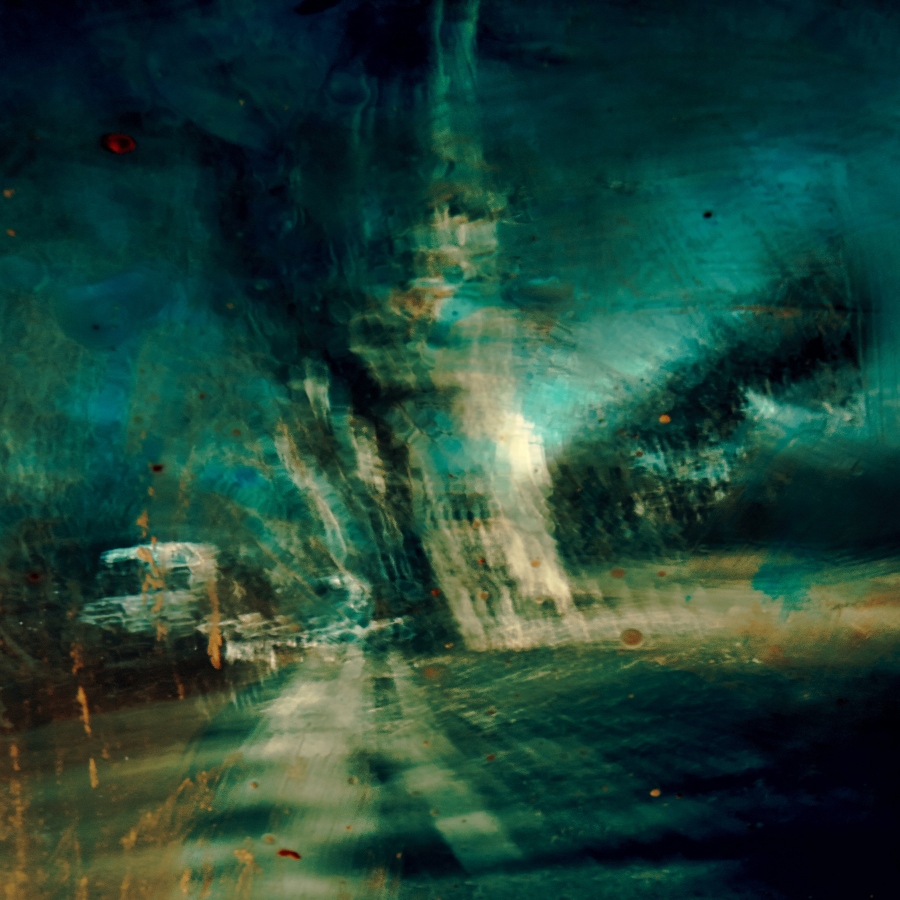The New Oxford Dictionary defines a fairy tale as a children’s story that includes magical beings and places. I was pleasantly surprised to find the words, “happily ever after,” omitted from the above definition. In my search for fairy tales, the stories I enjoyed most exchanged their happy endings for humorous blunders or darker themes commonly erased to fit into the “children’s story” category. As you finalize your fairy tales for Fractured Lit’s Ghost, Fable, and Fractured Fairy tales contest, I encourage you to pay close attention to character. What happens to all those minor characters after happily ever after? Consider re-imagining the circumstances of your characters and their surroundings. Dare to create a new kind of fairy tale and ask yourself is the dark forest really as evil as it seems? Does Prince Charming always have to be male or, my favorite, what if? The following stories were written by authors who asked themselves: what if?
When I hear the words, “fairy tale,” Sarina Dorie’s flash is the first story that tickles my mind. Dorie utilizes the listicle form—a contract between fairy godmother and godchild—thrusting readers into a corporate oriented fairy tale, but we are receiving information from a character who is bibbidi-bobbidi there then salagadoo-gone. This playful flash also provides readers with a wonderful twist in the forbidden romance and who Prince Charming might have had his eyes on the whole time.
- Teeth by Ryan Norman
Who says fairy tales have to be The Brothers Grimm or Disney inspired? No one, but be ready to protect your chompers from this scorned fairy. Norman takes one of the most controversial imaginations from childhood and provides an answer to the age old question: What does the tooth fairy do with all those teeth? What I’m drawn to most in Norman’s micro is the voice he’s given to his tooth fairy. A tooth burglary gone wrong, clipped wings, children trying to cut a deal in exchange for teeth? That’s my kind of fairy tale!
Not all fairy tales include fairies. McMahon takes a different route, drawing attention to the familiar setting of the mystical—oftentimes dark—forest. However, there are no singing or shrieking—looking at you Snow White—princesses here. This is a story about transformation. A fairy tale exploring the cost of magic, but the source of tension is not in figuring out why, but how to adapt, to learn, and whether to trust everything that comes with this newfound knowledge.
I’m always searching for stories that add a little quirk to the common tropes we find in fairy tales: damsels trapped in towers, true love’s first kiss, wicked stepmothers or dead mothers. Chan shatters several sunny days in a land far, far away where everyone suddenly knows all the words to the same song in exchange for a darker-toned fairy tale with echoes of a Brother’s Grimm original. There is love but also pain within that love. The transformation in this story is not depicted as beautiful, but within the descriptions of binding sealskin to “our” skin, we learn and are exposed to so much more than happily ever after.
- Ecdysis by Christina Rosso (CONTENT WARNING: Sexual Assault)
One of the most challenging endeavors to embark upon when writing a fairy tale is to re-imagine one. Something must shift within an already established character to set them apart from the original story. Rosso accomplishes this feat with her portrayal of Rapunzel. Although Rapunzel is still trapped in a tower, she’s not a bubbly artist (Disney) or eager to run off with a prince as a means of escape (Into the Woods) but rather eager to free herself from…I won’t spoil this story’s plot for you. What keeps me coming back to this re-imagined feminist fairy tale are the dysfunctional relationships Rosso builds between the familiar cast of characters paired with Rapunzel’s desire to escape from a twist in the narrative that solidifies this as a Christina Rosso fairy tale.
Further reading:
- All for Tulips by Cheryl Pappas
- Rapunzel, Let Down Your by Faye Brinsmead
- Waking Beauty by Stephanie Hutton
- She is a Beast by Christina Rosso
- When Alice Became the Rabbit by Cyndi MacMillan
- Gretl at Hansel’s Deathbed by Kimberly Glanzmen
- Coven by Anna Cabe
- Fairy Tale in Which You Date the Morally Ambiguous Boy in Math by Charlotte Hughes

